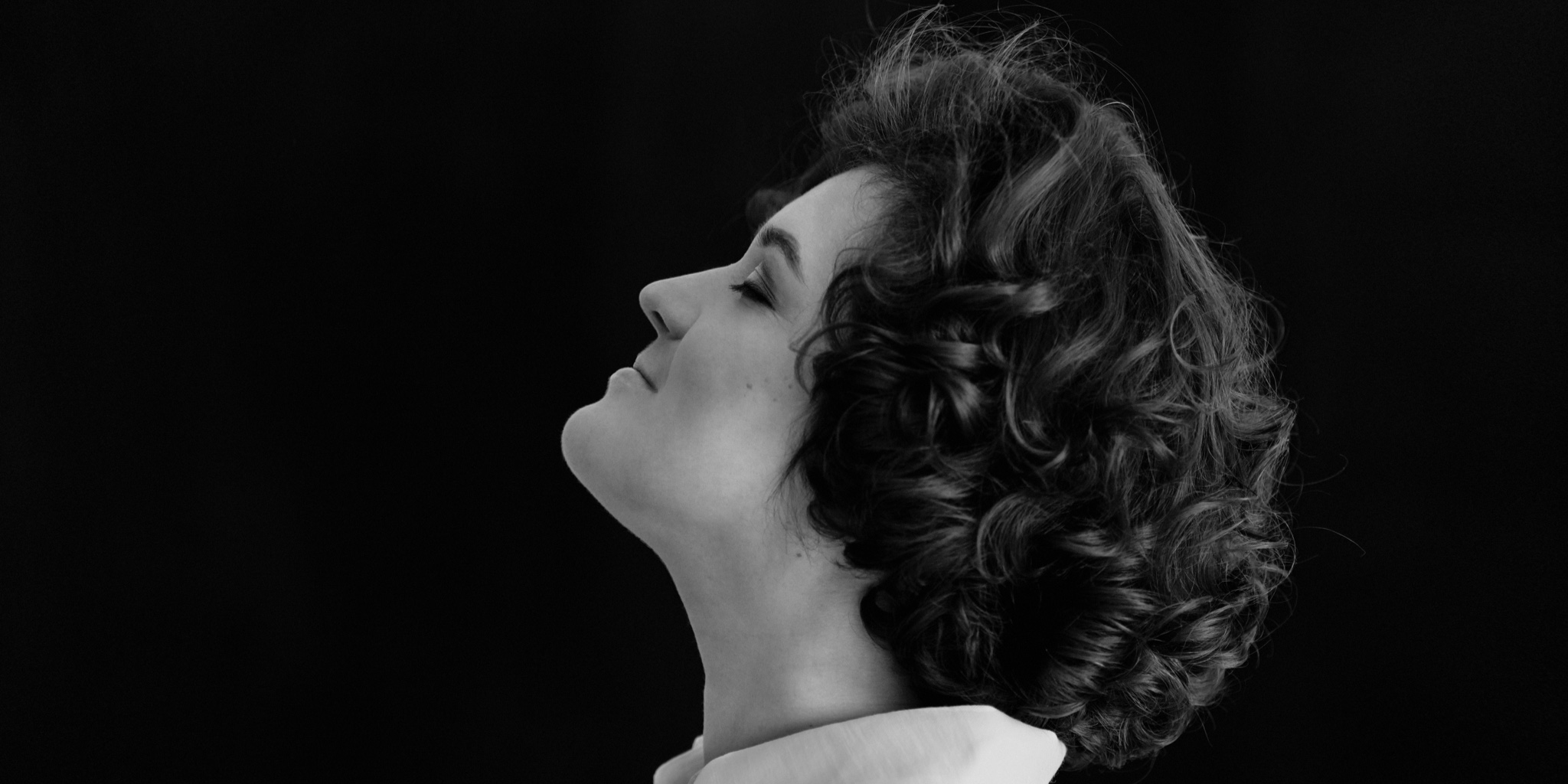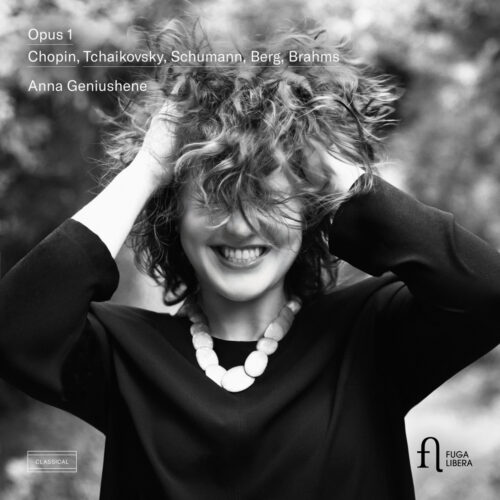We recently had the honour of interviewing Anna Genuishene about her new album ‘Opus 1: Chopin, Tchaikovsky, Schumann, Berg, Brahms’. Released Friday, October 03 2025 on Fuga Libera, this album explores the early creative voices of great Romantic composers such as Chopin, Schumann, Brahms, Berg and Tchaikovsky, uncovering the ambition, curiosity, and individuality that shaped their musical identities. Thank you to Anna Geniushene for shedding more light on this fantastic album.
Opus 1: Chopin, Tchaikovsky, Schumann, Berg, Brahms
Quality and Channels Help
Q: [Was the debut of these composers] an ambitious declaration of intent or a tentative experiment in self-definition? What circumstances shaped their early creative impulses?
A: I would say, together, all these Opus 1’s show how differently a “first word” can sound: sometimes cautious, sometimes extravagant or flamboyant — but always carrying a seed of what each composer would become. For each of them it was a milestone that made them believe in their own passion that led them to their success.
Do you find any threads that these composers have in common in their early compositions?
Each Opus 1 reveals a young composer testing the “voice” within established forms. For instance, Schumann expressed himself through the playful brilliance of variations, Chopin with a virtuosic rondo, Brahms in a grand sonata, Berg through a single-movement sonata. What unites them is the way virtuosity and tradition become “vehicles” for self-assertion with unique individuality that would later define their music.
Isn’t it fascinating that all of these pieces could be considered to be of the highest quality, despite the fact that they are all the first published works of each composer? It says a lot about how accomplished they were!
Indeed, it is fascinating that these first published works already show such mastery. Each piece could stand among the mature compositions. Yes, each composer’s style had changed slightly over the years, nevertheless it speaks not only to their early brilliance but also to how confidently they entered the musical world, announcing themselves with works of remarkable quality from the very start.
It could be interesting to have a companion album to this where you performed the last works that these composers wrote for piano. What would a follow up album to Opus 1 look like for you?
This might be a very striking idea which I like so much. But maybe I should mature a bit more before daring to play such monumental and spiritual pieces as Geistervariationen or Mazurkas op.63.
Watch Anna explain more about her album ‘Opus 1’:

